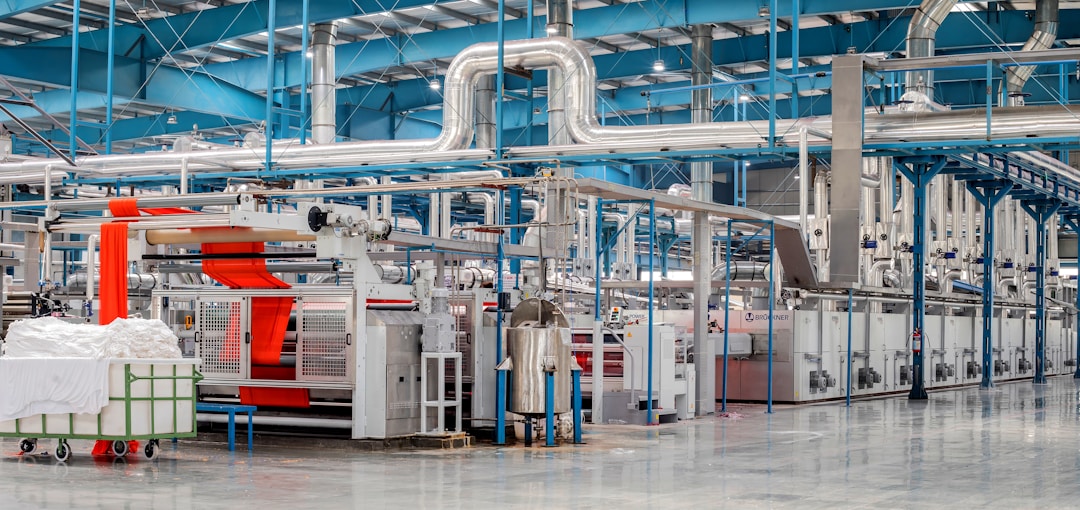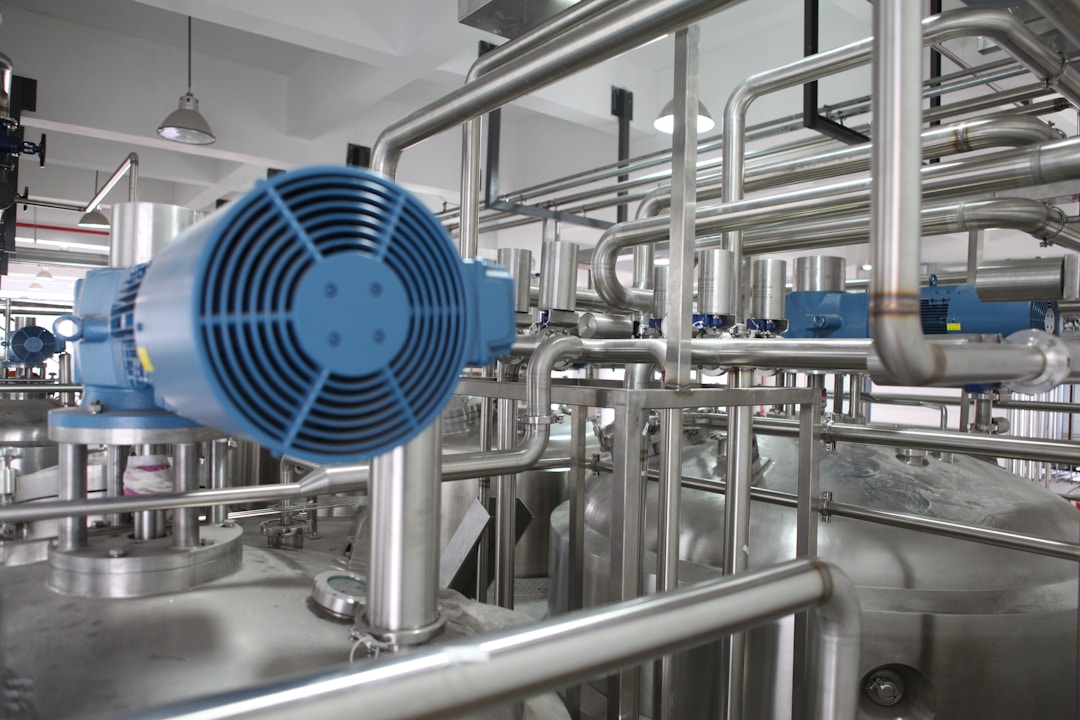Improving Efficiency in Food Manufacturing: Tips and Strategies
By: John England

In today’s competitive food manufacturing sector, companies are constantly seeking new ways to enhance efficiency and productivity. With technological advancements paving the way for smarter operations and quality improvements, there’s a wealth of opportunities for businesses to step up their game. Below, we delve into impactful strategies that can streamline production and ensure consistent quality to stay ahead in the market. Let’s explore these techniques that not only drive growth but also support sustainability and customer satisfaction in the food industry.
Embracing Automation for Streamlined Operations

The adoption of automation in food manufacturing can lead to significant improvements in production speed and consistency. Robotic systems and machinery help in performing repetitive tasks with precision, thereby reducing the scope for human error. Automation also allows for operations to carry on unhindered around the clock, translating into higher output rates and better utilization of resources.
Beyond production, automation extends to areas such as packing, sorting, and even quality control. Automated packing lines ensure more accurate packaging weights and better seal integrity, which is crucial for preserving food quality. This shift not merely enhances productivity but also works to minimize waste generation.
Apart from automation, companies looking to upgrade their operations may consider sourcing industrial equipment from Genemco. Genemco offers a range of options that can be customized to fit specific production needs. The right refrigeration equipment can make all the difference in achieving desired efficiency levels.
Enhancing Quality Control Through Innovative Technologies

Quality control is a critical aspect of food manufacturing, with direct implications for consumer safety and brand reputation. Emerging technologies like hyperspectral imaging and blockchain for traceability are revolutionizing how manufacturers monitor and ensure product quality.
Hyperspectral imaging can detect foreign substances or inconsistencies in food products that are not visible to the naked eye. This technology ensures that only products meeting stringent quality standards reach consumers. Blockchain, on the other hand, provides a transparent and tamper-proof record of the product’s journey from farm to fork, increasing traceability and accountability.
Additionally, having a reliable supplier can ensure efficiency and better quality control. In Canada, for example, a fuel supplier in Alberta for diesel fuel can ensure that equipment operates without interruptions. More important, better fuel can improve performance.
Optimizing Inventory Management With Advanced Software Solutions
Effective inventory management is key to preventing overstocking or stock-outs, ensuring that capital isn’t unnecessarily tied up in unused ingredients or products. Advanced software solutions can provide food manufacturers with real-time inventory data, predictive analysis, and automated ordering systems to enhance efficiency in this critical area.
These systems enable more accurate forecasting of demand, which is particularly important for perishable goods. Being able to predict how much of a particular ingredient will be needed for production enables better planning and can reduce food waste significantly.
Investing in Employee Training for Improved Productivity and Morale
Highly skilled employees are the backbone of any successful food manufacturing operation. Investing in regular and comprehensive training can vastly improve productivity and morale. When workers are adequately trained, they’re able to perform their tasks more efficiently and with greater confidence, leading to a higher-quality end product.
Training also plays a significant role in empowering employees to use new technologies effectively. As companies introduce advanced machinery or software systems, ensuring that staff members are comfortable and proficient with these tools is vital for maximizing the benefits of technological upgrades.
Moreover, ongoing training can help create a safety culture within the workplace. Understanding the intricacies of food safety protocols and standards is crucial for employees at all levels to ensure the well-being of consumers and compliance with regulations.
Altogether, the implementation of these strategies will likely yield a significant return on investment for food manufacturers. Overall, companies that emphasize automation, lean principles, quality control, inventory management, and employee training are set up for success in a rapidly evolving industry. These advancements, when orchestrated correctly, create a symphony of efficiency that can resonate throughout the company’s operations and the wider market.
402 Views














